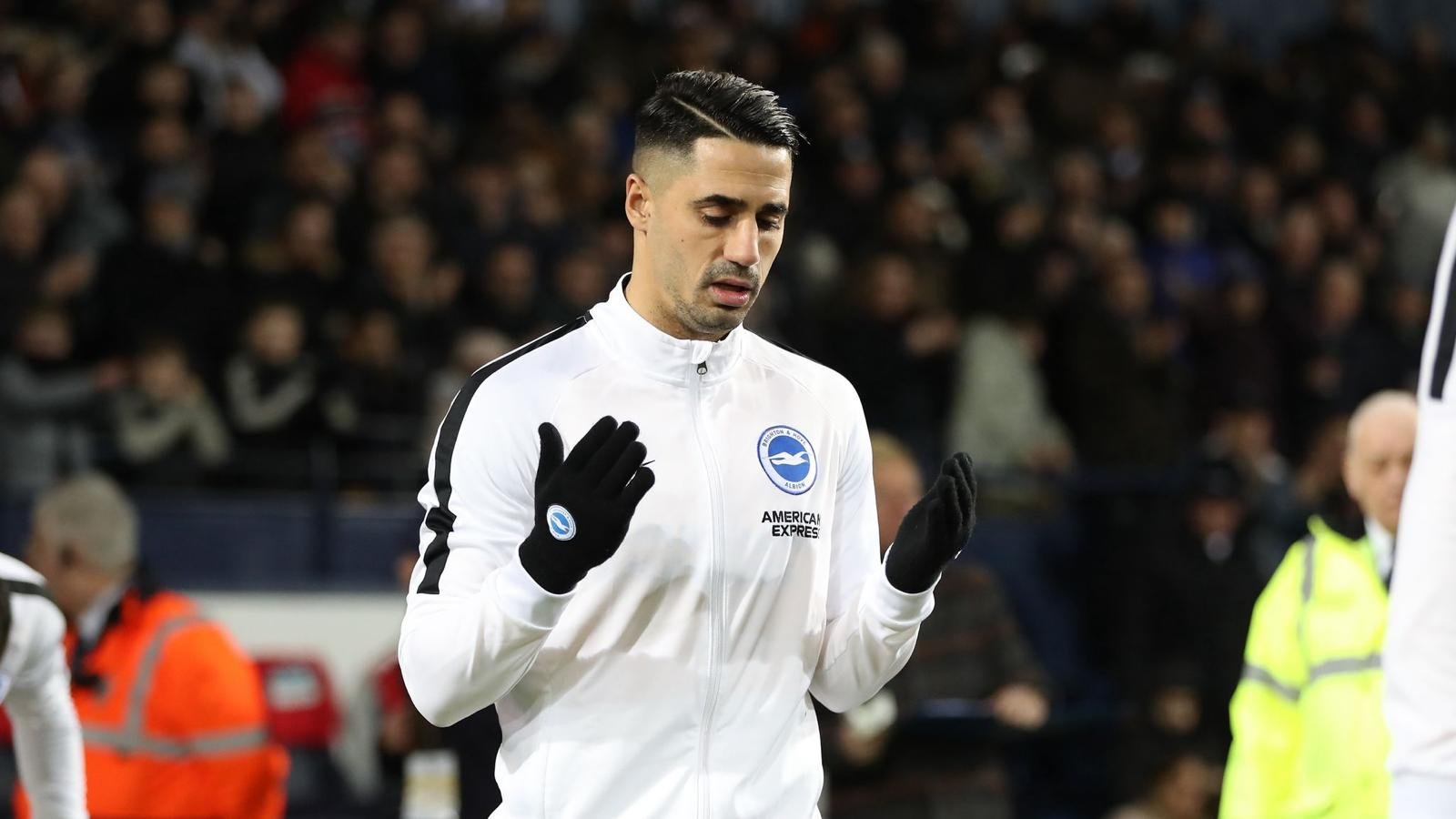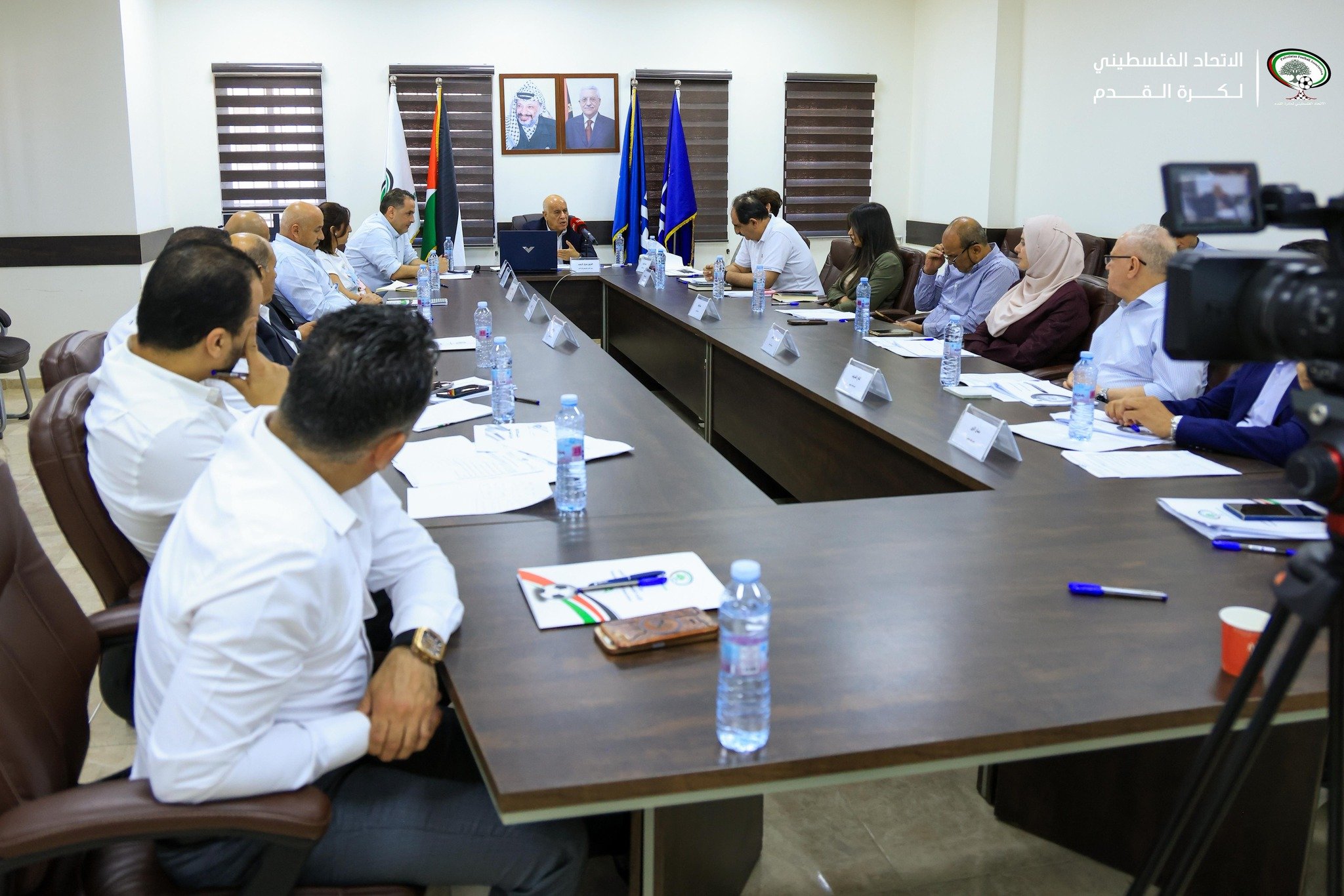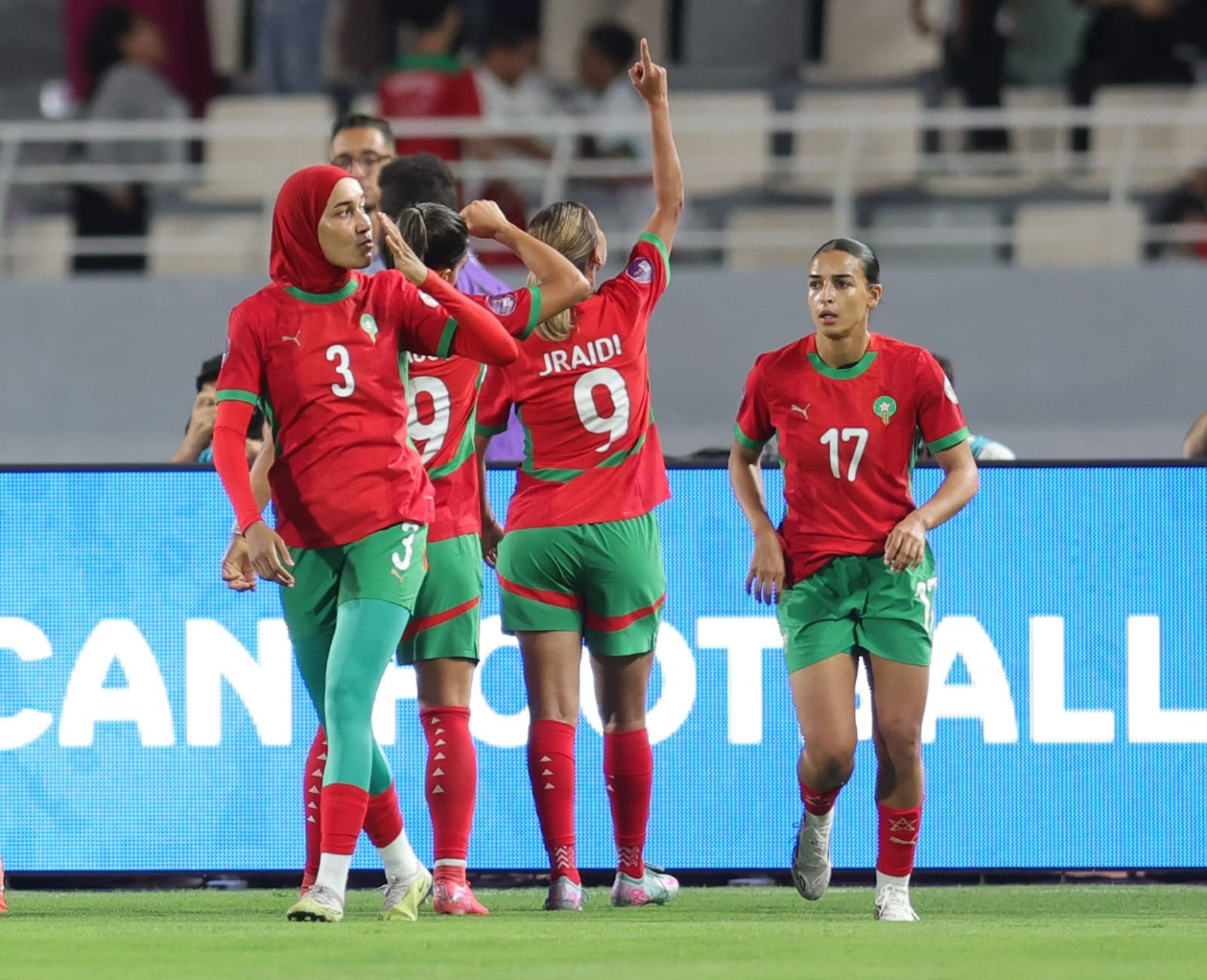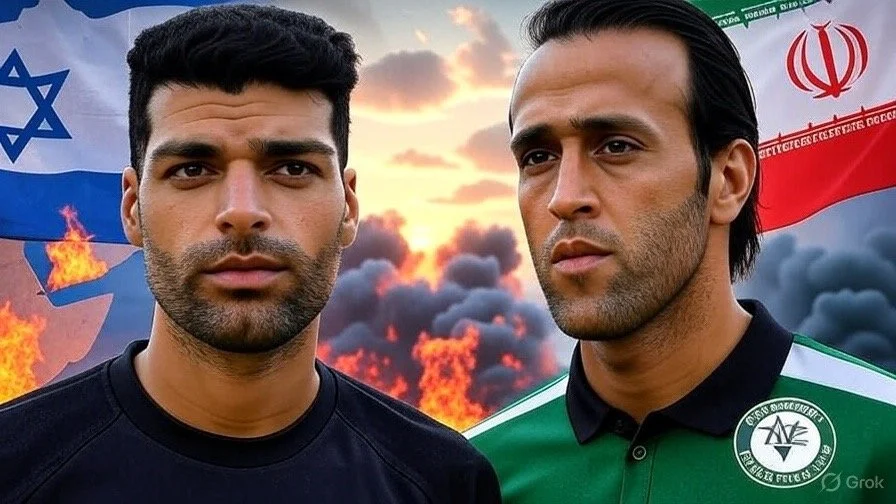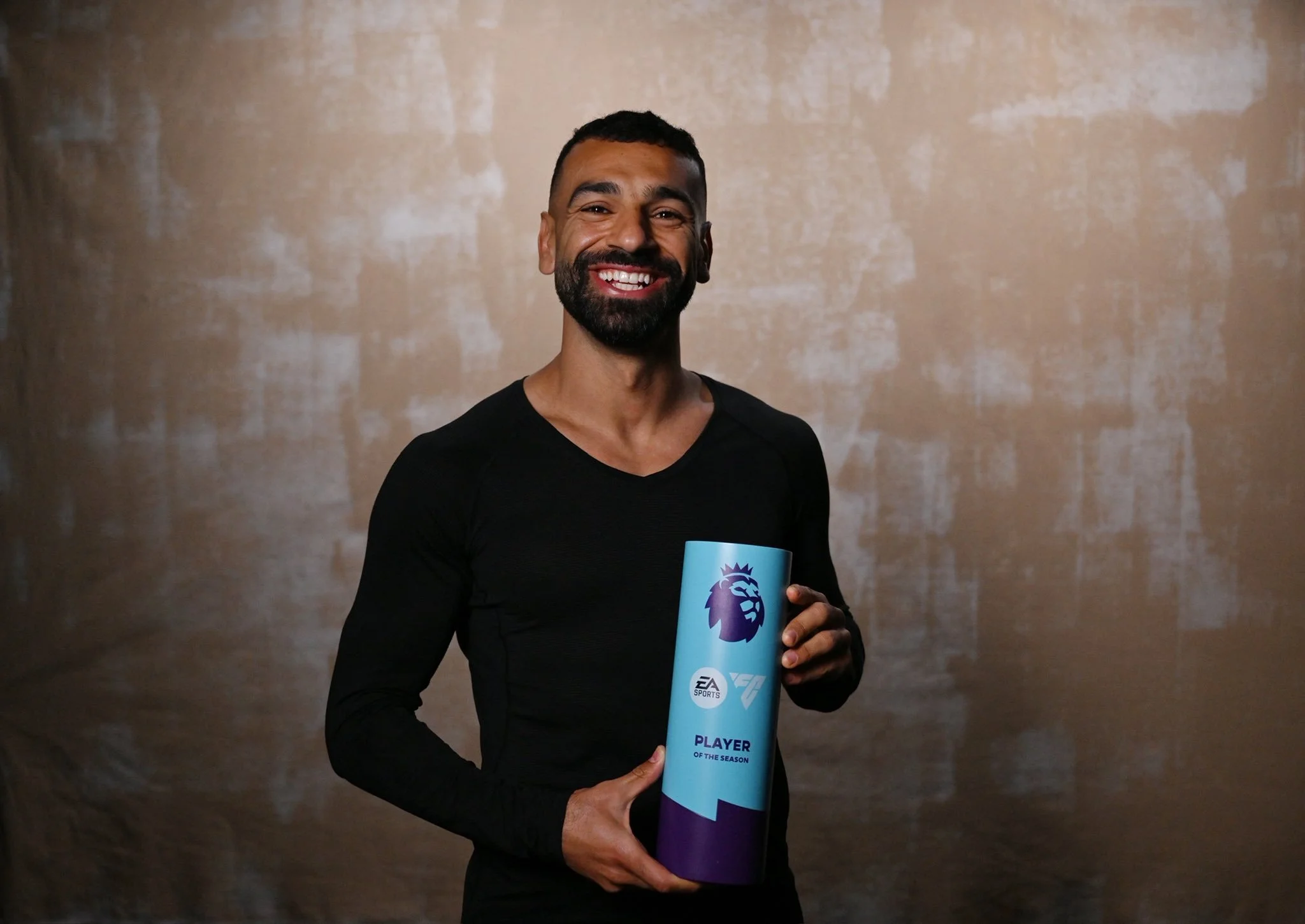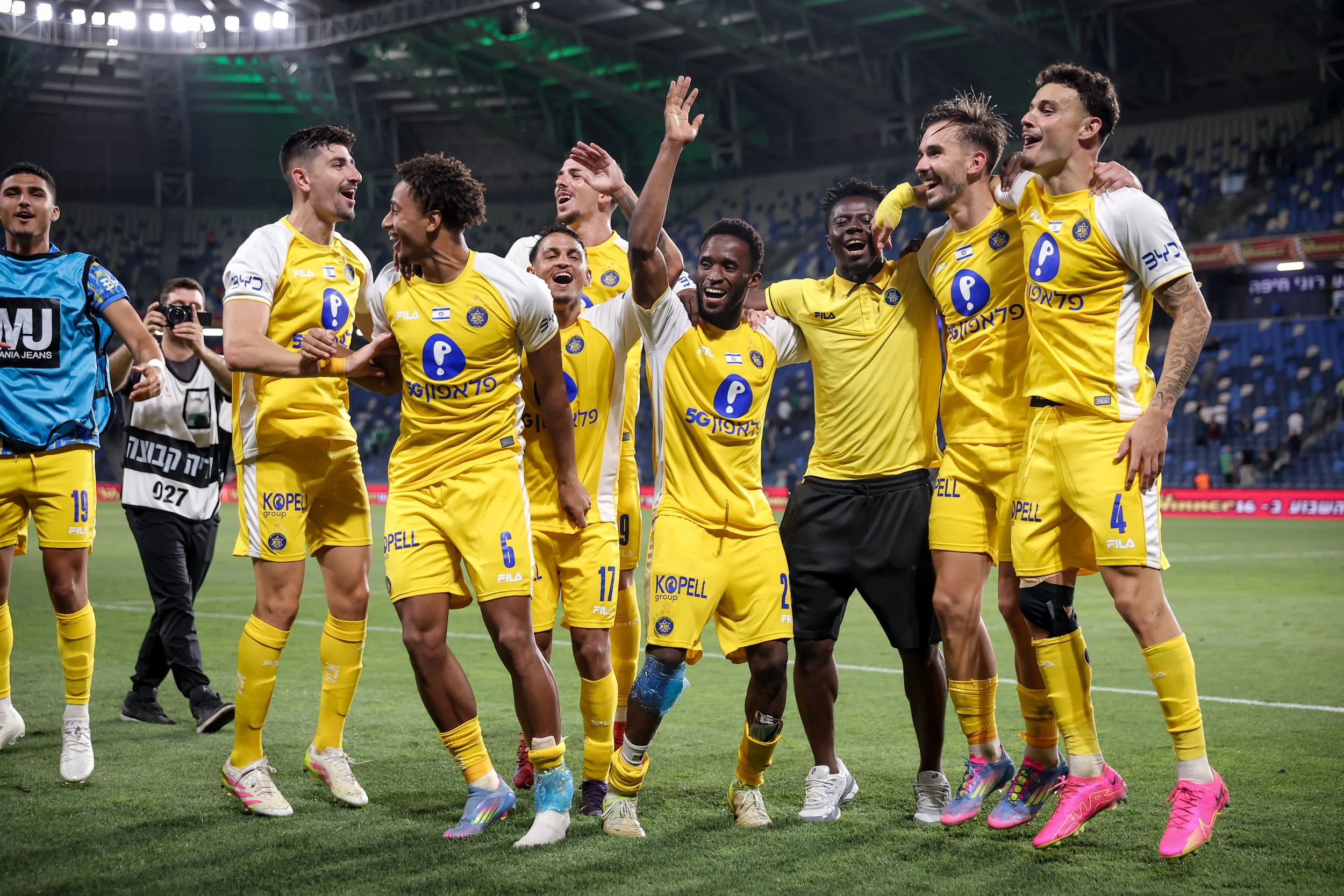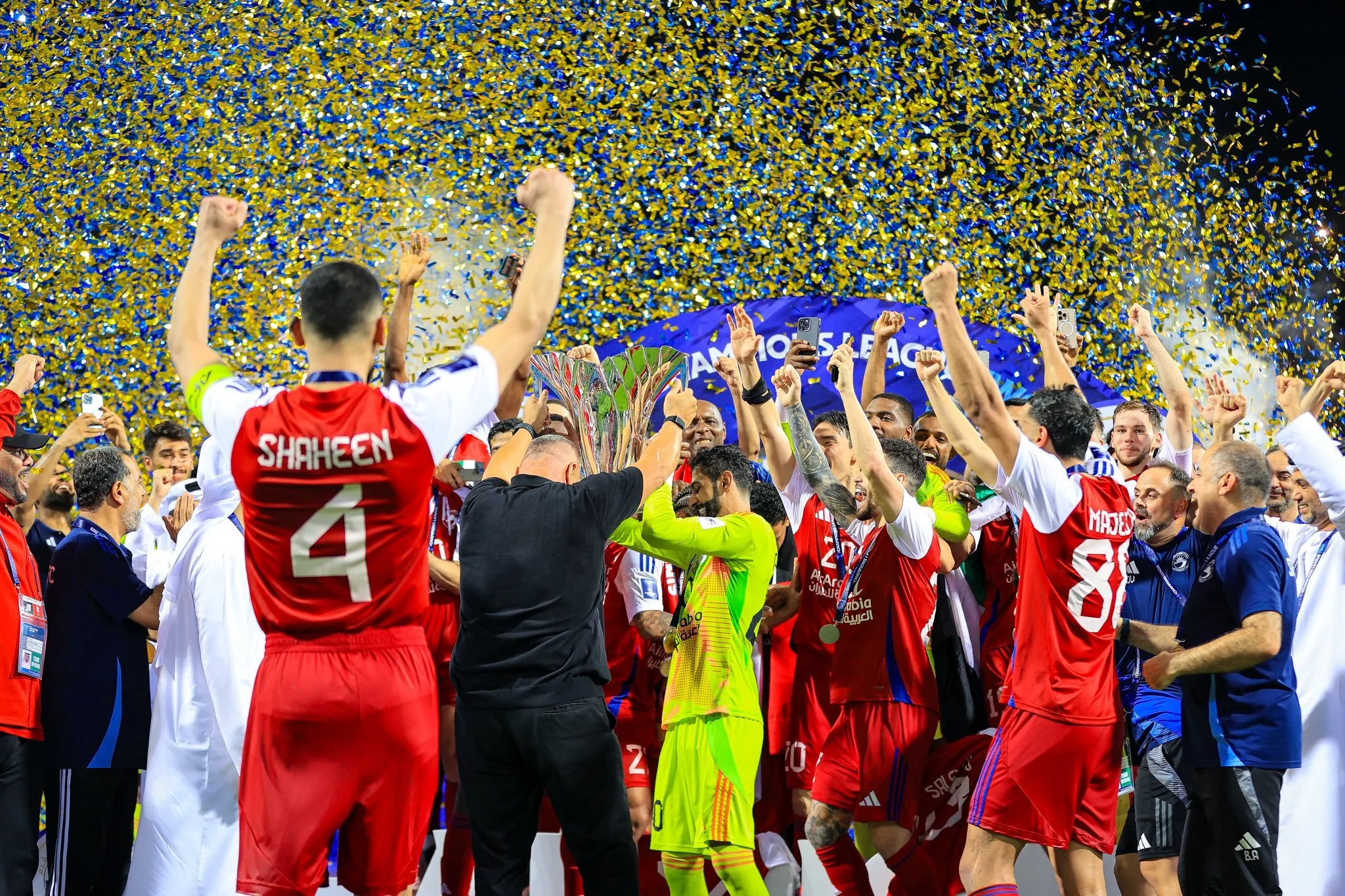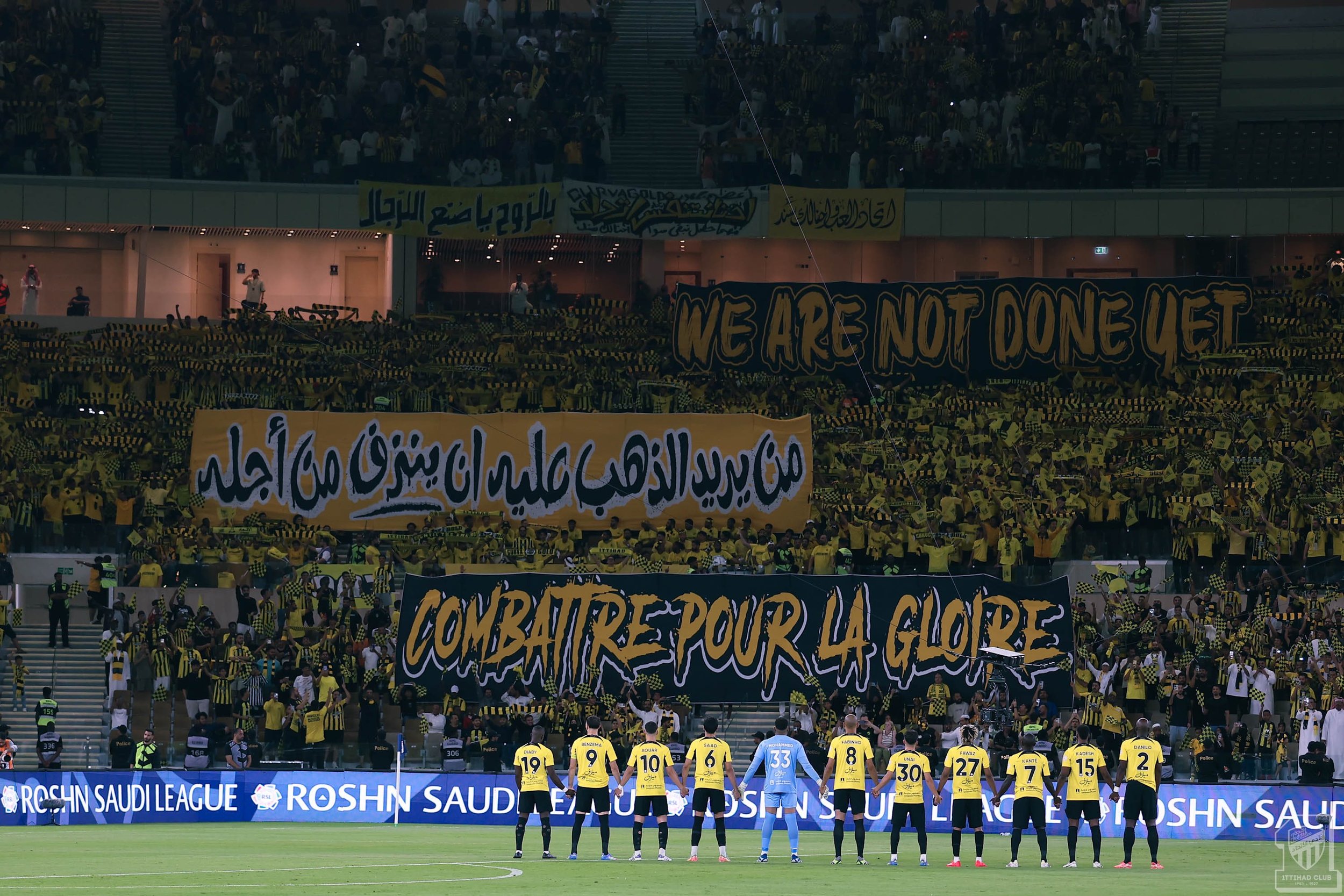Gerardo ‘Tata’ Martino is busy preparing Mexico for this winter’s World Cup in Qatar. And, rarely in international football, he enters the tournament almost certain that he won’t oversee the national team afterwards - regardless of the result.
If you looked at photos of Martino when he was appointed four years ago, and now, you would see a man who has aged rapidly in his time in charge.
Being the manager of the Mexican national team is a tough job. Constant pressure from fans, and a demanding media back home, has its price.
Gerardo Martino is an experienced and relatively successful manager, despite his brief and disappointing adventure in charge of Barcelona, but it seems that something went wrong with Mexico.
Even as things started to settle down post-pandemic, his side looked good and played positively. The atmosphere ahead of the qualifier was one of optimism.
But something happened, and it had a significant impact on the style of play of Mexico.
We all remember the horrible injury suffered by Wolves striker Raul Jimenez, in a league game against Arsenal.
Accidentally headbutted by David Luiz, Jimenez was hospitalised, and out of activity for the entire season.
Fortunately, he recovered, and plays again with the addition of a protective headband, but he’s not the same player as before.
His style of play is the same, but it’s less attractive, and he plays with less efficiency in front of goal - he looks different on the pitch. Maybe it’s a psychological thing, or just a different attitude towards the game, but Jimenez is a different player, and it has affected both club and country.
Mexico looked less efficient too, and the criticism aimed at Martitno got louder. Cries for his sacking were no longer isolated.
The country has long considered itself one that ‘shouldn’t have many problems’ in the qualifiers, and when Mexico failed to impress this time round, despite getting the results, made a lot of noise.
There’s a general pessimistic hunch surrounding the team, that this World Cup won’t be a successful one.
Seated in a group with Argentina, Poland, and Saudi Arabia, that’s understandable - and there are fears that Mexico will fail to reach the knockout stage. Even then, few expect them to go much further than that.
And that’s where the speculation about the manager’s future comes into play.
Martino himself hasn’t commented about these whispers, and is rightfully focusing on the task of preparing his team for the upcoming tournament, but his recent behaviour says something a little different.
In a recent press conference, in response to a technical question from a Tijuana-based reporter, he indirectly attacked the Mexican media. “I have waited four years for such a question”, he exclaimed, insinuating that most questions are normally about off-the-pitch elements.
Afterwards, Martino went on to personally congratulate the report, infuriating Mexican media further.
When he was next put in front of the press, the coach went further, and criticised the management structure of Mexican football. Comparing his side to the likes of Colombia, or Argentina, he said that, sometimes, money is more important than professionalism.
It is safe to say that, if Martino was considering continuing with Mexico after the World Cup, he would steer clear of these declarations in the lead up to the tournament.
Having said that, he raised some valid points about the role of the media in Mexican football, and the priorities and intentions of the highest levels of Mexican football management.
Criticising the media, however, doesn’t influence the football you play on the pitch.
But, questioning the management of Mexican football does have some impact. A genuine desire to transmit those decisions to the public, and what stands behind them, would be beneficial.
And that goes down to a club level too. Many Mexican clubs bring in a wealth of foreign talent, mostly from other countries in South America, but also retain Mexican players who could play in Europe.
Martino claims that, whilst the Liga MX is good, it’s not at the level of the top tier leagues. A player that plays in Spain, for example, gets to play against players from Real, Atletico, and Barcelona. With respect to the Mexican league, that’s a totally different level.
When Jorge Sanchez and Santiago Gimenez moved to the Netherlands last summer, to Ajax and Feyenoord respectively, they consulted with Martino who immediately recommended the switch. He assured them they would grow professionally with a different mentality and in a different environment.
This made last summer a bit different to usual. Mexican clubs don't usually sell players, at least not cheaply, since a typical Mexican player has the advantage of being marketable. Clubs aren’t often in desperate need of the money either, so transfers to Europe are difficult.
Another reason, as indirectly stated by Martino, could be because Mexican players are comfortable staying in their homeland.
Obviously staying in a familiar place, with what would be earning a higher salary than a potential salary in Europe, has its benefits, but Martino praised those who took a chance and sacrificed in order to make the move and improve themselves.
Martino likely won’t be here once the World Cup finishes, but his legacy could continue after he’s gone - especially if he succeeds in Qatar.
Edited by Alex Smith





